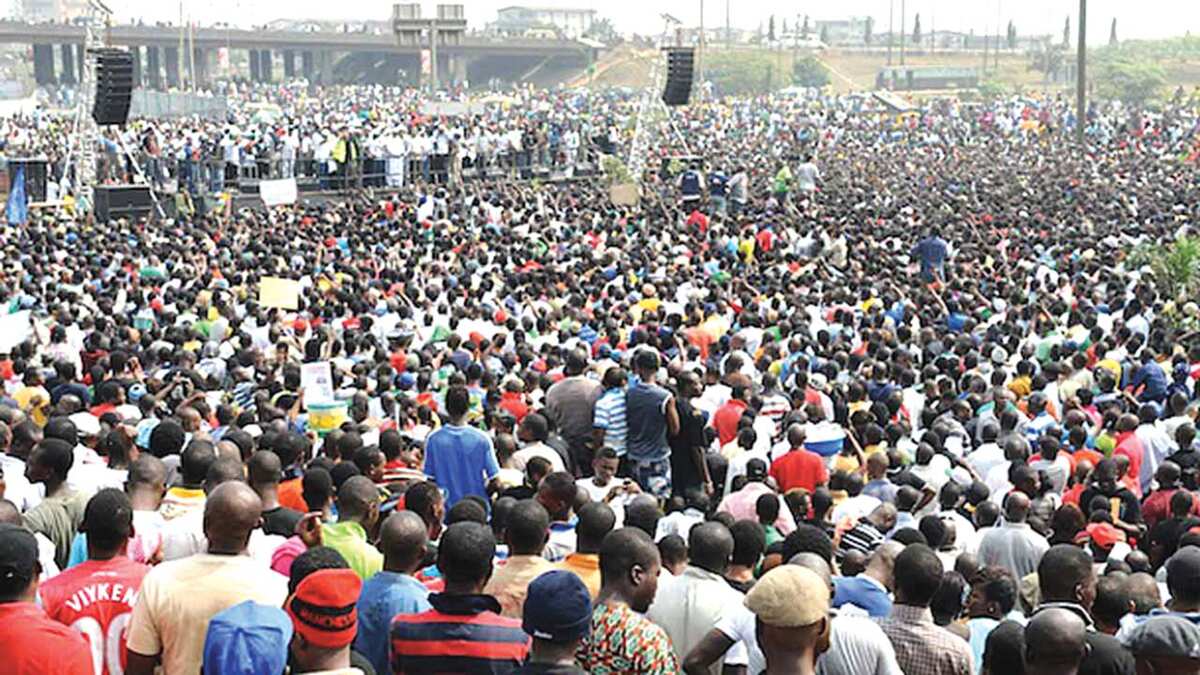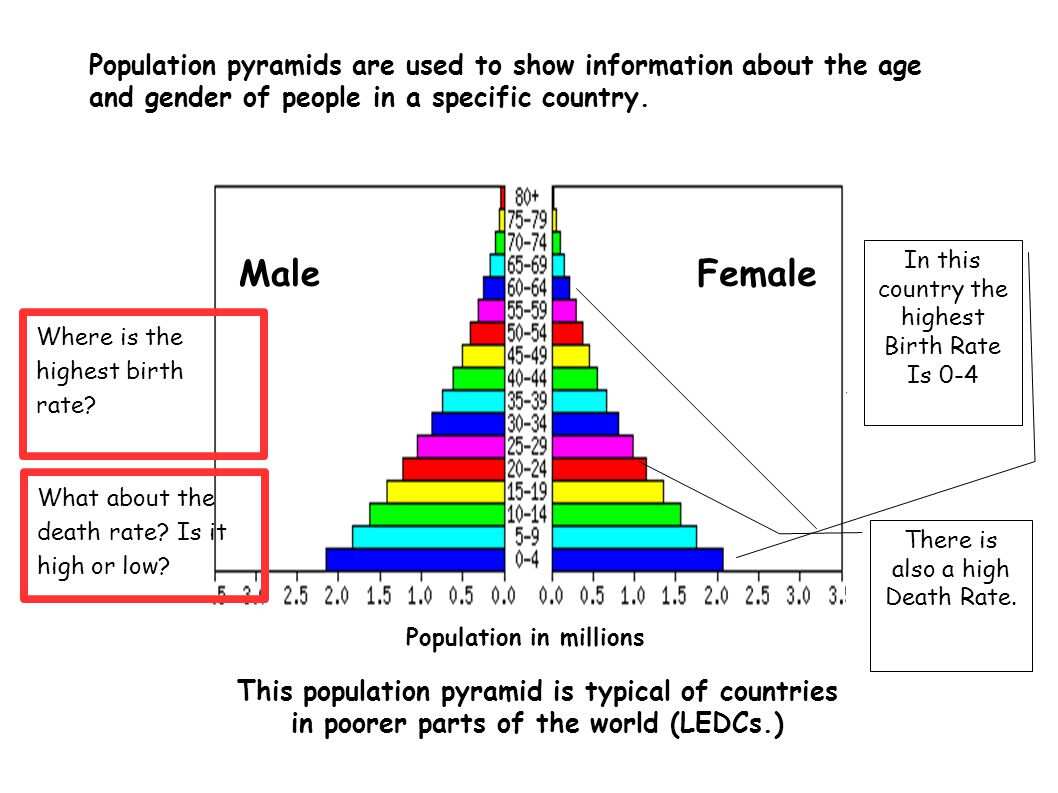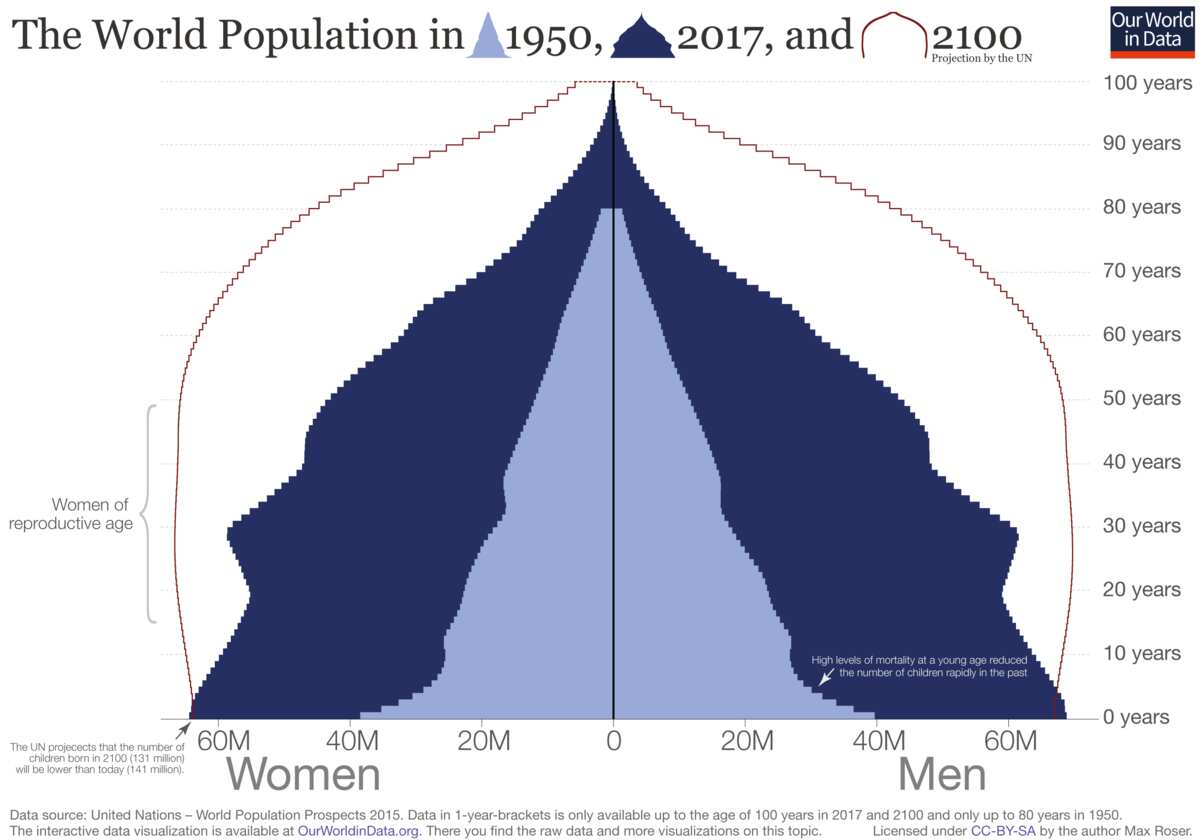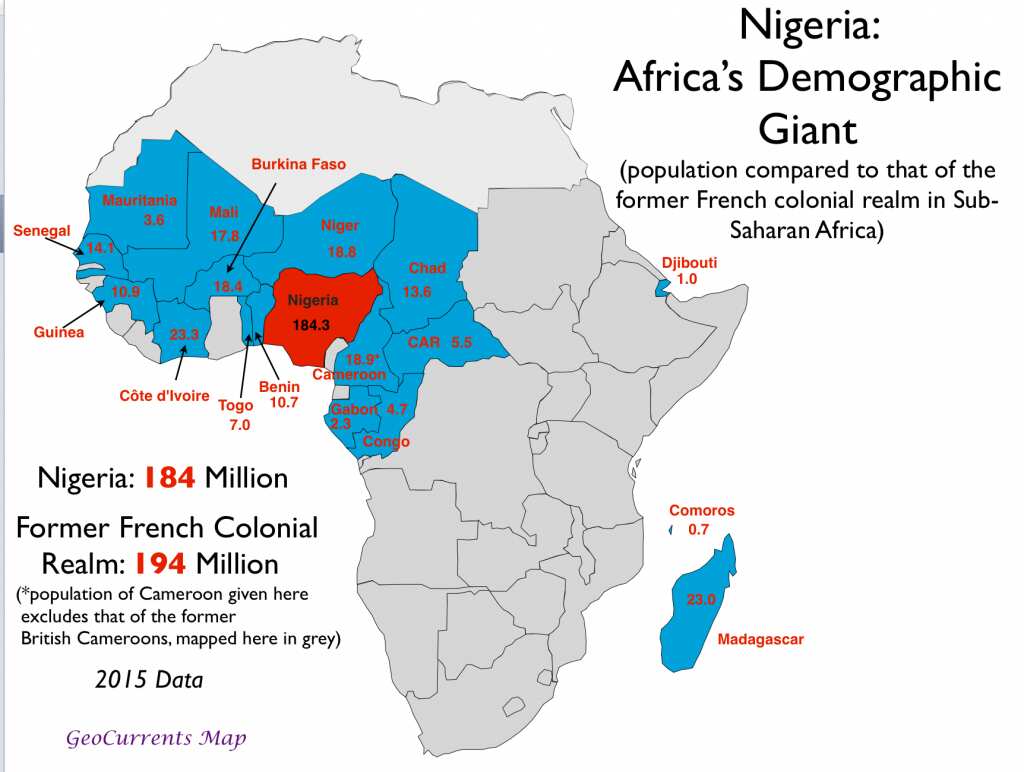In this article, you will find lots of information about the population census. It has many advantages to the national political, social, and economic life. Here, we will discuss the importance of population census in planning and development of the country. So, let’s get started.

Photo: guardian.ng
Importance of population census
The importance of performing a population census includes many elements. The most critical of them are:
- Knowing the size of the population. The population census is helpful in obtaining a number of people who live in the country and the structure of the society
- Determining the taxable adults. Population census helps in the determining the number of people who can pay taxes which helps to estimate the amount of revenue that can be obtained from the sector.
- Forecasting the possible economic needs. Population census helps to forecast the country’s economic needs, for example, electricity, housing, food, etc.
- Determining the number of unemployed and the standard of living of the citizens in the country
- Revealing the level of manpower. Population census helps to reveal the level of manpower, that is, people who are working. If it is high, the economic development of the country is assured. It draws the attention of the international agencies and governments in giving aids and other assistance to a country
- Formulating economic policies, for example, revenue formula can be based on population figures
- Estimating the number of emigrants and immigrants. It can also be obtained from the figures obtained from the population census
- Determining the population density. Population census plays an essential role in giving detailed information on the region with a high or low density of population resource distribution. The information obtained from the population census assists the government to distribute resources, for example, areas densely populated get, as a rule, more resources than areas of the low number of population. For example, such areas of the high population like Lagos and Kano usually get more resources than regions of low population
- Providing social amenities. Population census data gives an idea of what kind of social amenities should be provided to the particular families and areas, for example, hospitals, housing, water, electricity and others.
- Giving of aids. Population census assists the government and international agencies in helping the country.
Population census, as we can see, is more than just determining the number of population of a specific area at a particular time. It can help a government to develop economy and balance the nation's economy if the areas differ sharply from each other.

Photo: slideplayer.com
Importance of population census in a country in 2018
As a rule, the population census is conducted every 5-10 years. It is a periodic activity that has to be conducted regularly. Population census carries a lot of benefits for the country. The importance of census can be seen in every country’s economic development. Let’s take a closer look at important advantages of population census to the country’s development and planning.
Population census allows comparing different groups of people across the country. It gives information about parts of the country that need the government’s help and allocating funding.
Population census data on residential mobility provides a better understanding of spatial differences and changes in the socio-economic status of the residents. National and regional population data obtained from the population censuses play an essential role in estimating the environmental impact of population growth, use of water, land and other resources.
READ ALSO: Most populated state in Nigeria 2017
The population census also provides information about the number of religious minorities. A person can declare herself Muslim, Christian, Hindu, Sikh and many more.
When talking about a language, population census helps to estimate the number of language communities in the region. Population census data can also serve a reason for making a second widely spoken language the second official in the country. When it comes to the immigrants and emigrants, population census can also be concerned with the people working abroad and arriving from other countries to study, work or live.
Another direct consequence of the population census is related to resource distribution. The government can either give an equal share to all the provinces or distribute the resources according to the census data.

Photo: ourworldindata.org
Importance of population census to national development and planning in Nigeria
The importance of population census cannot be overestimated. The population census is at the center of every planning activity and no meaningful development planning activity cannot be conducted without taking into account population census data. It helps not only to estimate the changes in the number of the population in the country at a specific time but to evaluate other crucial changes important to the country. It provides the data essential to the government for policy-making, planning and administration aimed at enhancing the welfare of the population.
The population census is conducted in Nigeria every 10 years. This period allows capturing the changes in structure and movement of population. Demographers estimated that a census conducted in Nigeria in 1953 was given as about 31 million people, in 1963 it gave a count of 55 million people, and in 1973, it gave another account of 79 million people. In 2003, Nigeria’s population was estimated 120 million people.
The population of Nigeria is growing at a rate of approximately 3% a year. It means that the population in Nigeria is doubled every 22 years. As of now, the population of Nigeria is about 120 million people which has dramatically increased over the year. The reasons for this are mostly social political and economic.
During the colonial and post-colonial periods, the Nigerian government took into account data obtained from the population census using it for development planning in the country.
READ ALSO: Population distribution by states in Nigeria

Photo: geocurrents.info
Population census data is needed to guide the process of making effective planning decisions. The importance of population census as a specific type of accurate statistics of the population characteristics and social trends is the basis for the successful development of the country. It helps to utilize the nation’s human and natural resources to increase the standard of living which is not possible without meaningful planning based on the accurate population census data.
READ ALSO: History of population census in Nigeria
Source: Legit.ng
from Nigeria News today & Breaking Naija news ▷ Read on LEGIT.NG 24/7 https://ift.tt/2Ep4vjr
via EDUPEDIA24/7
Comments
Post a Comment